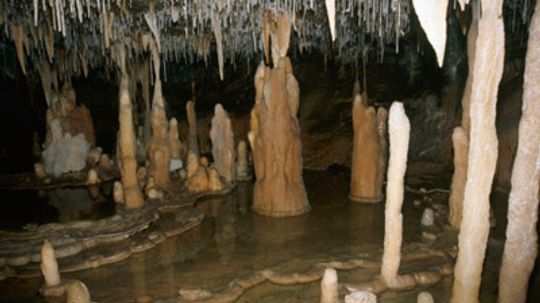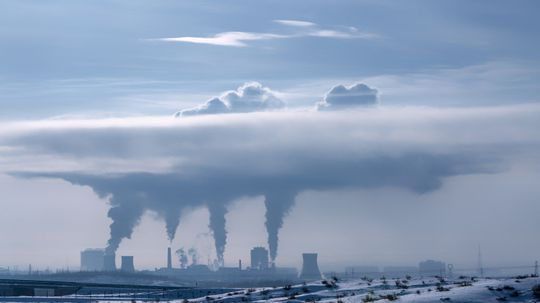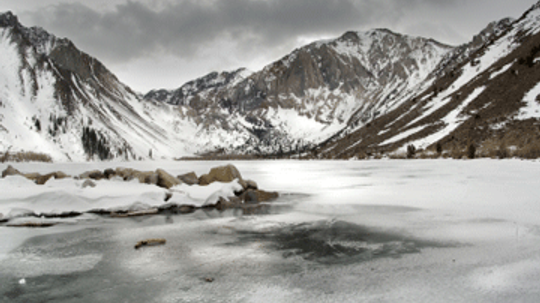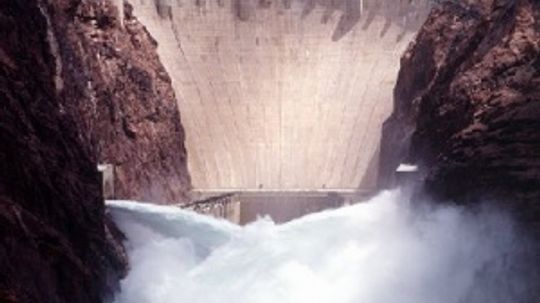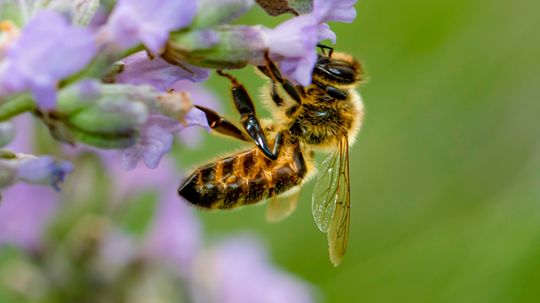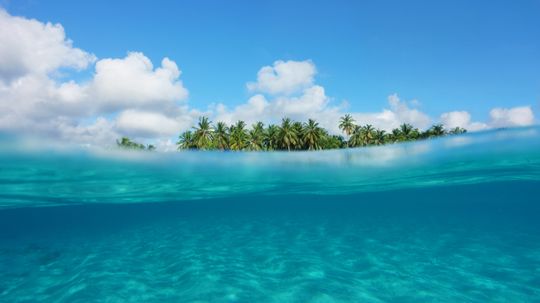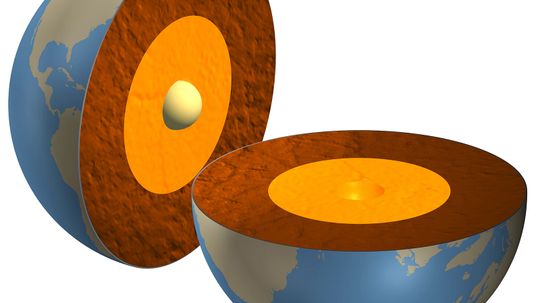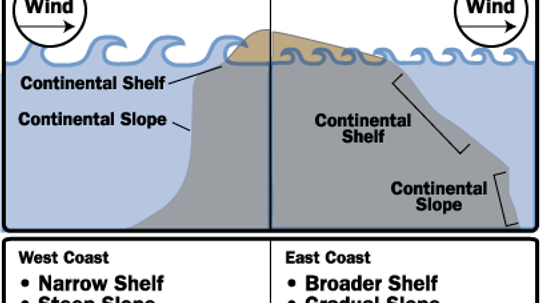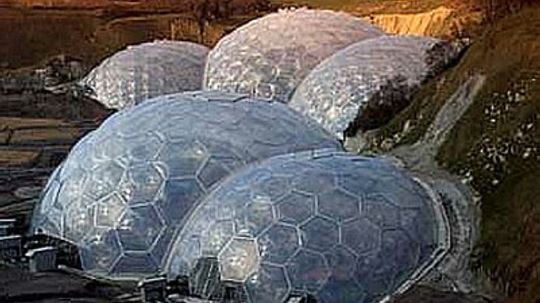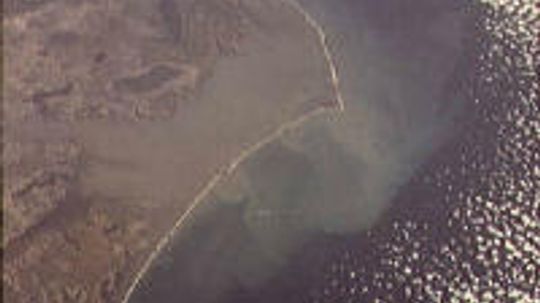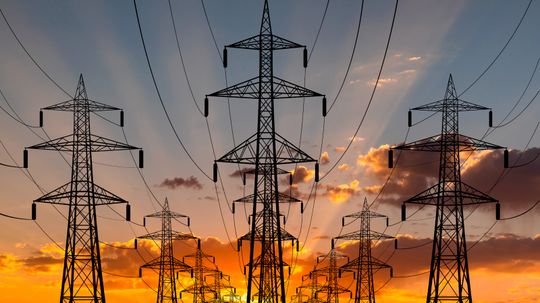Environmental Science
The environment is truly a thing of beauty and should be protected whenever possible. What can we do to save the environment, and what new technology is available to help us?
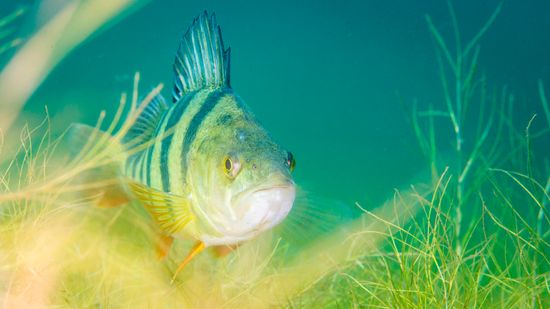
The Fish Doorbell Isn't a Joke ... Seriously
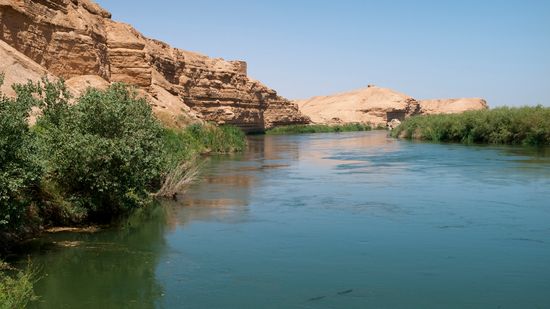
The Euphrates River, at the 'Cradle of Civilization,' Is Drying Up
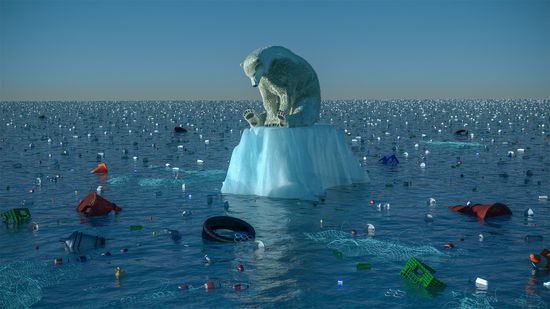
Study Says 2035 Is Climate Change Point of No Return
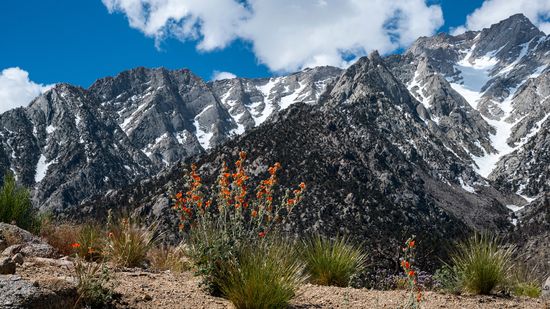
What State Has the Most Mountains in the U.S.? 8 Peak Records
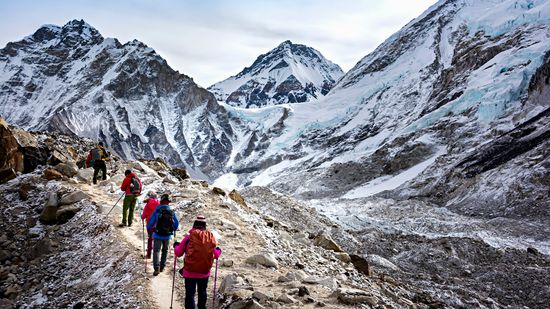
The Most Dangerous Mountain to Climb (and 14 Giving Steep Competition)

15 Types of Gemstones to Add a Little Sparkle to Your Life
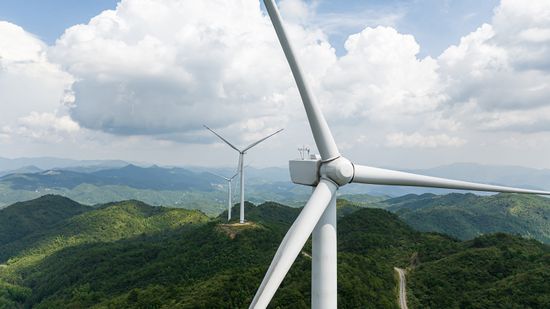
How Many Birds Are Killed by Wind Turbines, Really?

How a Lithium Mine Works and Impacts Local Communities
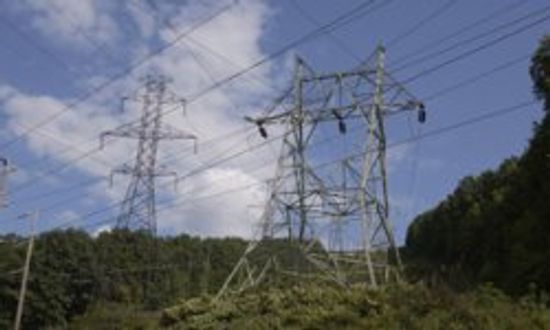
How to Sell Electricity Back to the Grid
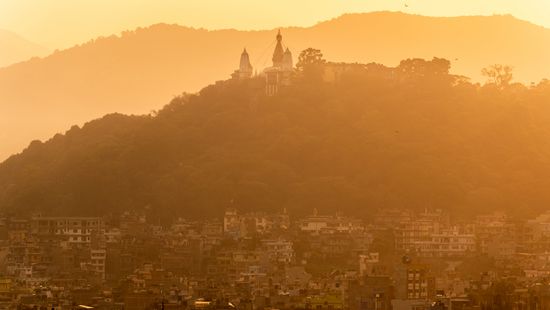
The Worst Air Quality in the World Is in Mountainous Terrain

The World Hits 8 Billion People; Is That Good or Bad?
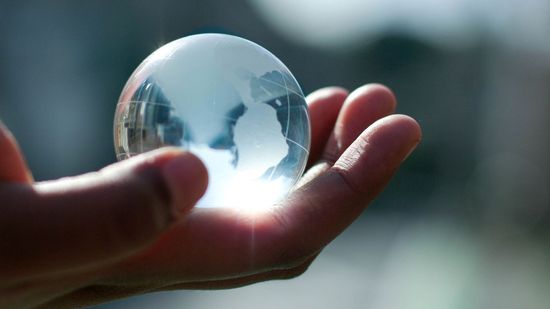
Quiz: Can You Tell Climate Change Fact From Fiction?

6 Most Futuristic Cities Powered by Renewable Energy

Top 5 Green Robots

5 Things to Consider When Building a Solar-powered Home
Learn More / Page 6
Diamonds are some of the most brilliant and expensive natural features Earth has to offer. This collection of images displays diamonds in all their uncut and polished shapes and sizes. Obligatory pictures of very large diamonds are included of course.
One grows from the ground and one from the ceiling, but sometime's it's hard to remember which is the stalactite and which is the stalagmite. How do they get there, anyway?
By John Fuller
In an effort to detect areas with poor air quality, China is training people to sniff out harmful levels of pollution. But what effect does this have on the human body? Learn about how the brain identifies and distinguishes among scents as well as new odor-detecting technology.
By Josh Clark
Advertisement
Scientists working with Foster's Brewing Company have made a fuel cell using bacteria and the brewery's waste water. They claim that their fuel cell generates non-polluting power as it cleanses the water. But is the "beer battery" simply a novelty?
When people talk about "the Ice Age," they generally mean the most recent one, but Earth has experienced them off and on for the last 600 million years. Are we on the brink of a new ice age?
Where electricity is produced from a coal fired power station, how much coal is required to run a 100-watt light bulb 24 hours a day for one year?
You've probably never noticed how many of these you use everyday, but HowStuffWorks took the time to count them and take them apart to see what's inside!
Advertisement
Diamond engagement rings. Diamond anniversary bands. Diamond earrings and necklaces. And now, the right-hand diamond ring! The four Cs -- cut, clarity, carat and color. Find out what the fuss is all about.
By Kevin Bonsor
Countless movies and television shows depict quicksand as some kind of living creature that sucks its victims down into a bottomless pit, never to be heard from again. Well, you can't believe everything Hollywood tells you.
By Kevin Bonsor
Manhole covers have been blasting out of the ground in New York City. Find out what causes these strange explosions and how powerful they really are.
By Kevin Bonsor
The basic idea isn't new, but the process of modern hydropower conversion is high-tech. Today's hydropower plants are some of the coolest machines ever constructed. Find out how rushing water generates power.
By Kevin Bonsor
Advertisement
Few things have done as much harm to humanity as fire, and few things have done as much good. Find out where fire comes from and see why it behaves the way it does. The answers might surprise you!
By Tom Harris
Organic food promises freedom from synthetic ingredients. Find out what organic food is, how organic farming works, what the pros and cons are, and why you should care.
By Robin Brett Parnes
A fascinating article that describes the work of The Nature Conservancy and the benefits of its conservation projects to our environment and ecology!
How do they measure "sea level"? Is it the average of the tides? And is the sea level actually rising or not?
Advertisement
On the Flintstones, a small bird sits inside the light and turns it on every night before he goes to bed. In a modern streetlight, a small circuit replaces the bird.
Let's say you have a lunch date to make - and it's on the other side of the planet. Wouldn't it be convenient to pop down a hole through Earth's innards? But what would really happen if you did?
If you ask anyone interested in surfing, they'll probably tell you that you need to be on the West Coast in order to find the biggest waves. But why is that? Why are the waves bigger on the West Coast when compared to the East Coast of the U.S.?
The Eden Project is an incredible set of massive greenhouses in Cornwall, England. Check out this amazing place!
By Tom Harris
Advertisement
How do plants compare to solar cells when it comes to collecting solar energy? Would you get more power from an acre of ground by putting solar cells on it or by raising plants?
We want the ozone layer, but we don't want ozone pollution... Good in the atmosphere but bad on the ground? Find out about ozone pollution, how it affects you and what you can do about it.
You've probably been spending your summers visiting a barrier island or two and you don't even know it! From Atlantic City to Miami Beach barrier islands are popular vacation spots and amazing ecosystems. Go exploring.
Despite the dangers, oil refineries are essential to society in its current form. Learn how crude oil is converted into everything from butane to gasoline.
Advertisement
How can water cut through steel? A device called a waterjet uses extreme force to cut through all sorts of things.
Another series of rolling blackouts are hitting California. Learn why this is happening and how it affects you.
By Kevin Bonsor

